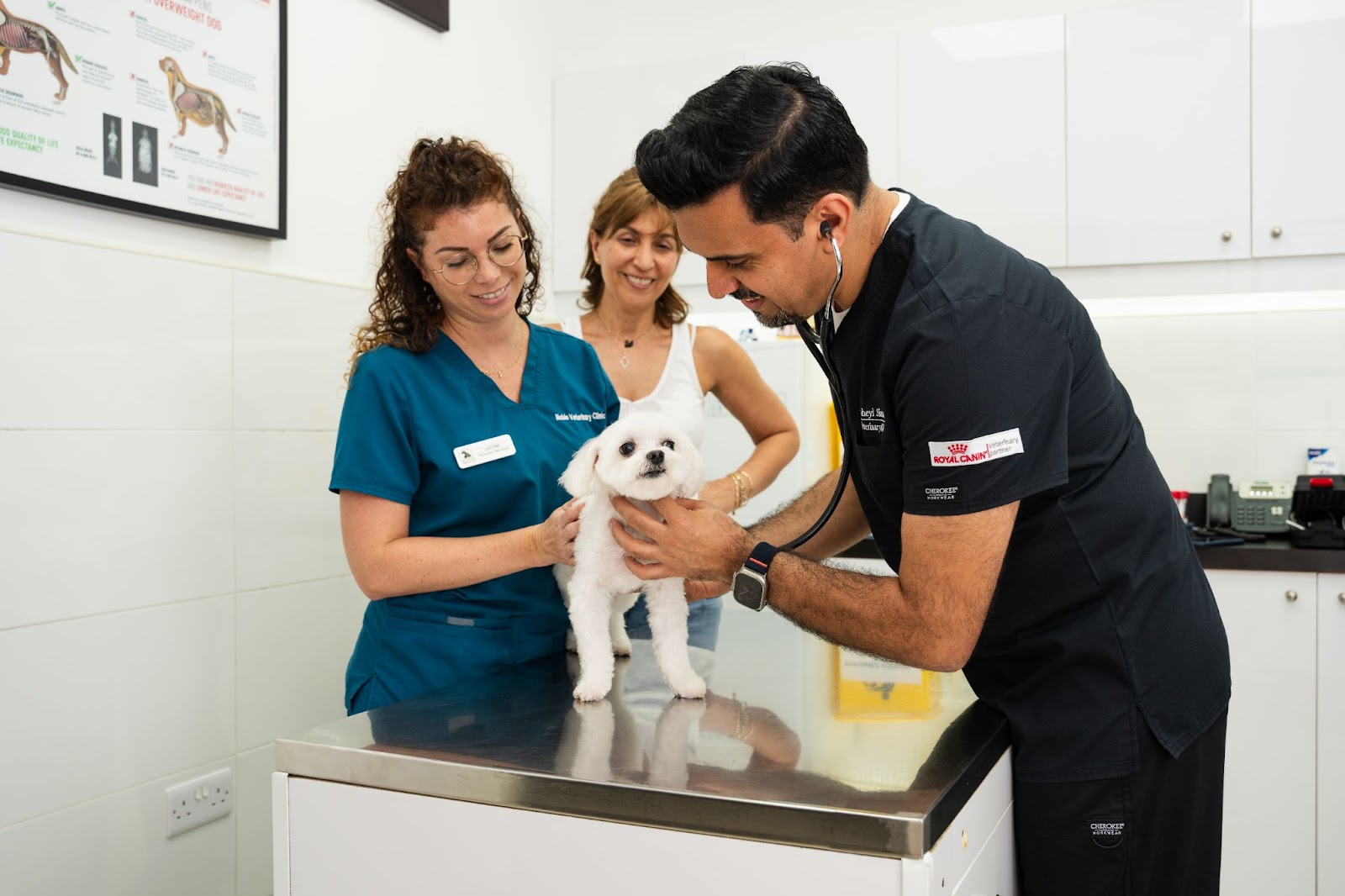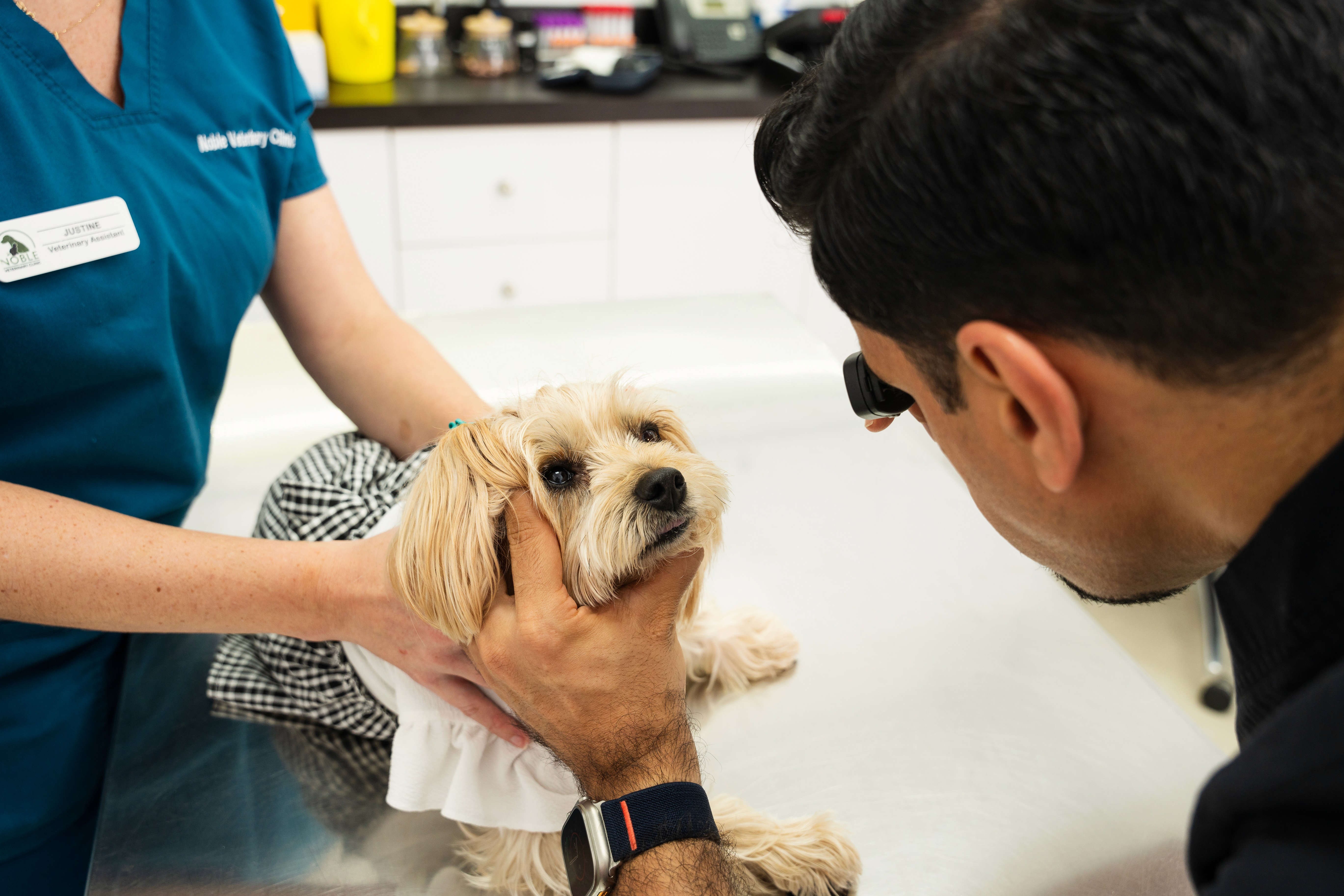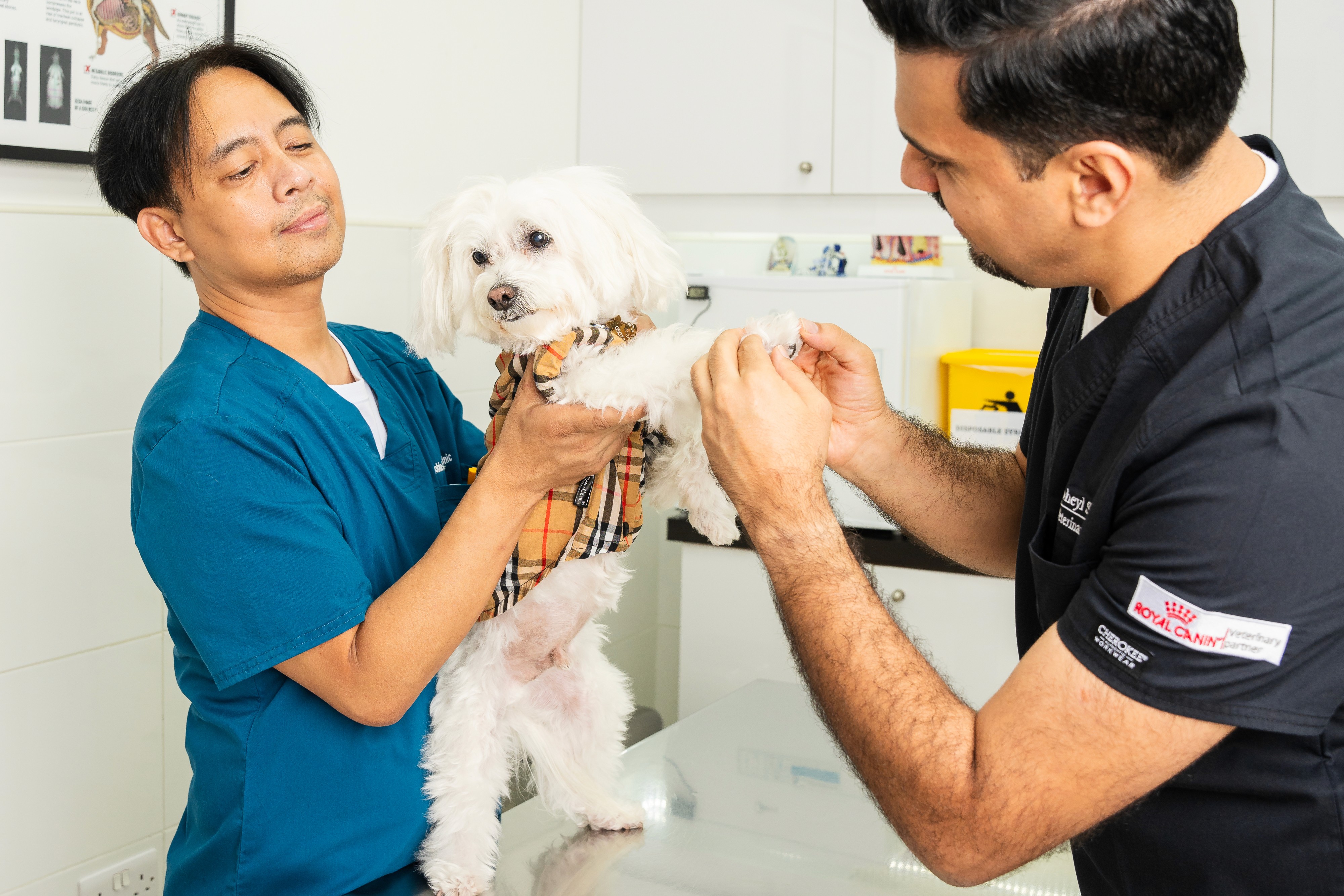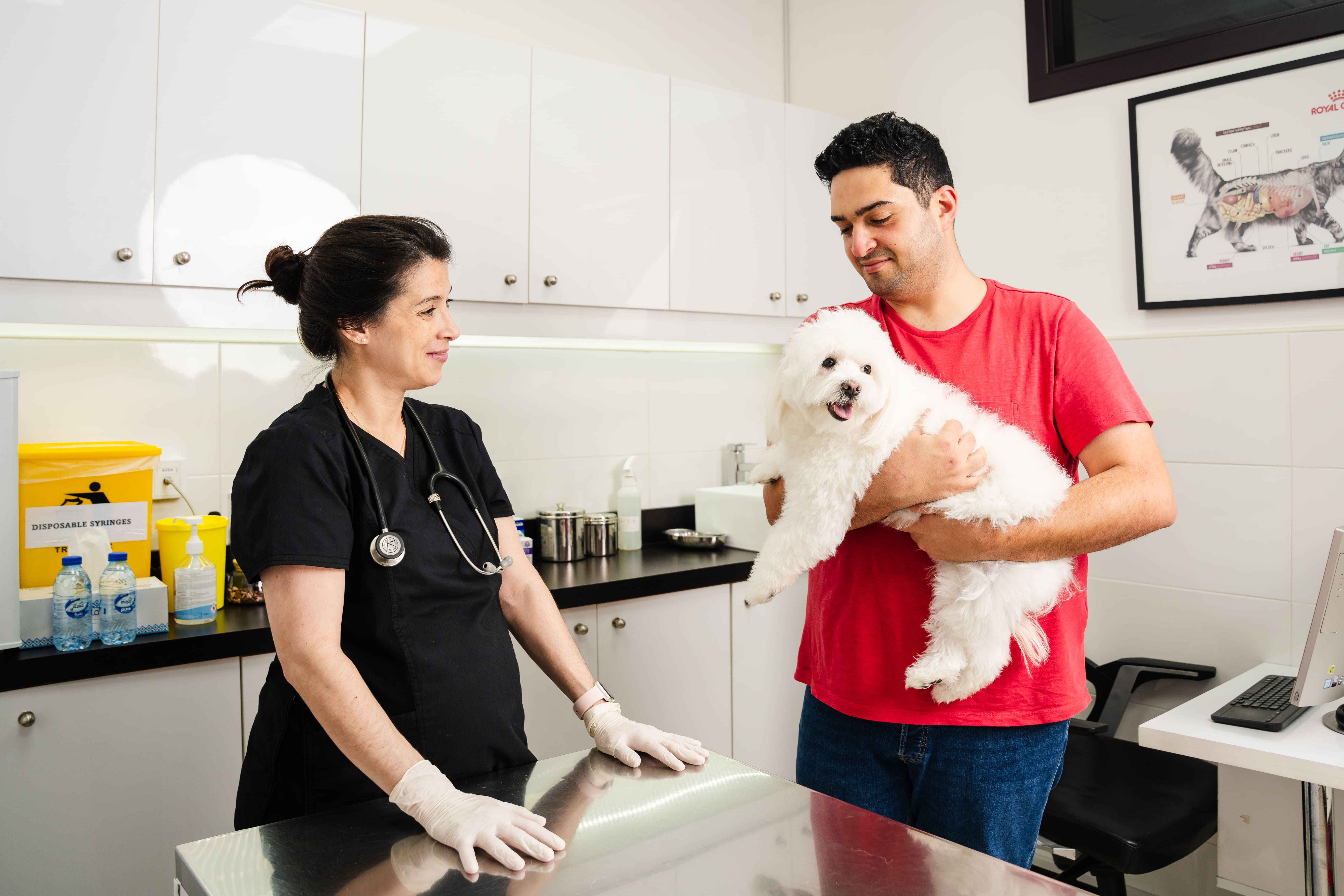Sharing snacks with our dogs is an enjoyable bonding activity that we, pet owners, love to do. However, there’s a limit to what types of food we can share with our canines and how much we can give them.
One example is the sweet and nutritious date. These are treats that many people eat as a snack. It’s also a healthy sugar substitute for many recipes. So, some may ask, “Can dogs eat dates?”
Yes, dogs can certainly eat dates in moderation. It’s filled with vitamins and minerals, but there are contents in dates that can harm a dog’s health when given in large amounts.
If you wish to share a couple of delicious dates with your dog as a treat, it’s important to know how to safely feed dates to your dogs, as well as the right portion sizes to give them. In this way, you can be sure your dog can enjoy this fruit without any consequences.
Can Dogs Taste Sweetness?
Yes, dogs can taste sweet flavors in food. Dogs have fewer taste buds, with only 1,700, compared to humans, who have 9,000. Despite the lower number of taste receptors, they have evolved to taste sweetness because of eating vegetables and fruits in the wild.
However, dogs don’t taste sweetness the same as people. Your pet’s taste for sweetness is less intense. Still, many dogs enjoy sweet treats like dates because of the natural sugars they contain.
Nutritional Benefits of Dates for Dogs
Dates are filled with nutrients that can offer health benefits for dogs when fed in moderation. These fruits contain vitamins and minerals that can support a dog’s overall health.
Vitamins — Dates are a good source of vitamin A, which helps maintain good vision and healthy skin. They also contain B vitamins, like B6, that support a dog’s metabolism and nervous system function.
Minerals — Dates are rich in potassium, a mineral that’s responsible for fluid balance and muscle function. These fruits also have magnesium, which supports muscles and nerves. Also, they have manganese, which is great for your dog’s bones.
Fiber — Dates have a high fiber content that’s beneficial for digestion, so dogs that experience constipation and other mild digestive problems may benefit from an occasional treat.
Natural Sugars —The sugar content in dates can give dogs a quick energy boost. It could be a good treat during an intense physical activity like playtime or training.
Dates are truly wonderful fruits that have tons of nutrients. However, you must remember that they have high sugar content. This is why dates should only be given in moderation as a treat once in a while.
How to Feed Your Dog Dates

Feeding dates to your dog can be a great way to introduce new flavors to your pet. It’s also a good way to add variety and nutrients to their diet, but there are things to remember to make sure of their safety.
Remove the pits of the dates before feeding them to your dog. The pits are not toxic, but they’re a choking hazard and can block your dog’s intestines. While large breeds might be able to pass them through their bodies, small dogs may not and can be in danger.
Observe your dog carefully when introducing dates to see any reactions. Since this is a new type of food for your dog, you might notice signs of stomach aches, diarrhea, constipation, or bloating. If you notice any of these symptoms, stop giving dates and bring your dog to the vet immediately.
Give small pieces of dates to your dog, and not the whole fruit. It’s best to cut dates into smaller pieces, not bigger than their kibble. Dates are naturally sticky, which can make it difficult for some dogs to chew and swallow. Giving them tiny pieces will prevent choking and the discomfort of dates getting stuck in their teeth.
Consult your veterinarian before you begin giving your dog some dates. While rare, your dog may have an allergic reaction to dates. This can be problematic if they experience aggressive symptoms that can harm their health. Asking your vet for advice on introducing dates as a treat is a good way to prevent any emergencies.
Portion Size Guidelines

Always keep in mind to give your dogs dates in moderation. Since dates are naturally high in sugar, take note of your dog’s size to control their portions properly. Here’s how many dates are safe for dogs according to size.
Small Dogs (Under 20 lbs. or 10 kg.)
Small dogs should only be given very small amounts of dates to avoid digestive upset or excessive sugar intake.
Portion Size: 1/4 of a date
Example Breeds: Chihuahuas, Pomeranians, and Dachshunds
Medium Dogs (Between 20-50 lbs. or 10-22 kg.)
Medium-sized dogs can handle larger portions of dates compared to small breeds. However, you still need to give dates in moderation.
Portion Size: 1/2 of a date
Example Breeds: Beagles, Bulldogs, and Cocker Spaniels
Large Dogs (Between 50-100 lbs. or 22-45 kg.)
A full date can give enough energy and sweetness to satisfy your large dog’s cravings without harming their digestive system.
Portion Size: One whole date
Example Breeds: German Shepherds, Labradors, and Golden Retrievers
Giant Dogs (Over 100 lbs. or 45 kg.)
Giant dogs have bigger bodies that can handle larger portions of dates. Regardless of their size, dates must only be a treat and not a diet replacement or addition.
Portion Size: One to two dates
Example Breeds: Saint Bernards, Great Danes, and Mastiffs
Based on your dog’s size, follow the recommended portion size, which must only be given once or twice a week as a treat. This is to avoid overfeeding them, which can result in health issues later on.
Can puppies eat dates?
Dates are generally not recommended for puppies without veterinary advice. Puppies have very sensitive digestive systems that don’t sit well with new food immediately. Dates are treats that have strong flavors and chewy textures. The sweetness level might be too much for puppies, and the high levels of sugar can upset their stomach.
Potential Risks When Dogs Eat Dates

While dates can be a healthy treat in moderation, you should still consider the potential risks of feeding dates to dogs. Overfeeding dates to your canine can lead to many health problems.
One of the main issues that you must be ready for is digestive upset. The high fiber content in dates can lead to diarrhea or constipation in dogs, especially if fiber isn’t usually a part of their diet. The sudden shock of too much fiber can be dangerous for them, as excessive diarrhea can also lead to dehydration.
Another risk is weight gain or obesity. Dates are high in calories and sugar, which can contribute to a quick increase in weight when overfed. Dogs may also develop diabetes if they constantly consume sugar.
"While dogs can tolerate small amounts of sugar, overfeeding of sweet treats can lead to an imbalance in their diet. This may cause negative long-term effects on their health, like insulin resistance and a weakened immune system."
- Dr. Soheyl Simaei
To reduce the risks, be careful with the portion sizes you give your dog and how frequently you give dates as treats. We also emphasize the importance of removing the pits of dates, which can be a choking hazard and may also cause intestinal blockages, especially in small dogs.
Healthier Alternatives to Dates
Dates can be a good treat for dogs once in a while, but giving your pet a variety of snacks can keep their diet balanced and interesting. Here are some great and healthier alternative treats you can give your canine companion.
Carrots: Low in calories and high in fiber, carrots’ crunchy texture can benefit your dog’s teeth.
Blueberries: Promotes healthy immune systems and supports digestive health in dogs.
Apples: A source of vitamins A and C, but make sure to remove the seeds that can harm dogs.
Pumpkin: High in fiber for good digestion and contains vitamins A and C for immunity.
Cucumber: Low in calories and sugar, cucumbers make a great hydrating and crunchy snack.
Sweet Potatoes: Low in sugar content but rich in fiber and vitamins A, C, and B6.
These alternative treats can offer a range of flavors and health benefits for your diet. Still, we advise you not to completely replace your dog’s diet with only fruits or vegetables. Dogs need protein in their diet as well as other nutrients that come from meat to have healthy bodies.
When to Call a Vet
When introducing new food or treats to your dog, you should always be mindful of any unusual changes in them. Here are some signs to watch out for when you give dates to your dog;
Digestive Problems — Check for signs of vomiting, diarrhea, or constipation. If your dog continues to show these symptoms and discomfort for more than 24 hours, consult your vet immediately.
Allergic Reactions — While rare, your dog may have an allergic reaction to dates. Some signs of allergies in dogs include itching, swelling, and difficulty breathing.
Excessive Sugar Intake — Too much sugar can leave your dog feeling excessively weak and thirsty. You may also notice your dog urinating more frequently.
Blockage or Choking — If your dog appears to be uncomfortable, has difficulty swallowing, or is constantly coughing after eating a date, call an emergency vet clinic right away.
Changes in Behavior — Like humans, dogs can also experience some behavioral changes when eating certain food items like dates. Check for unusual hyperactivity or lethargy, which can be signs of a reaction to the snack.
Remember, when introducing any new food to your dog’s diet, do it gradually. It’s also essential to monitor any small changes and reactions in your pet when giving new kinds of food.
Key Takeaways
Dogs can eat dates, but only in strict moderation and limited frequency. These fruits are high in sugar and fiber, but too much of these can lead to health problems like weight gain, digestive upset, and long-term issues.
Portion sizes matter depending on your dog’s size, and removing the dates’ pits is essential to prevent pet emergencies like intestinal blockage and choking.
Consult your vet before introducing new food items to your companion for expert advice and guidance to give you peace of mind. As we only want what’s best for our pets, always be cautious of any food or treat we give them.
Share






